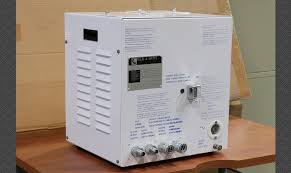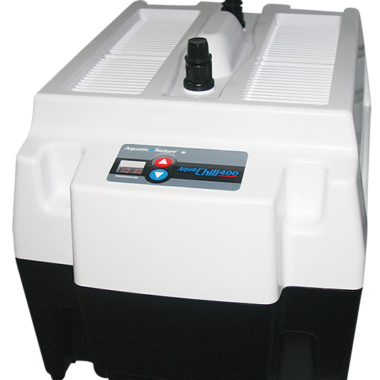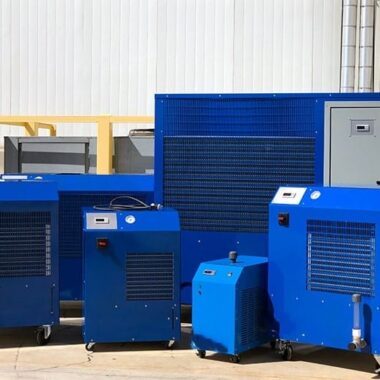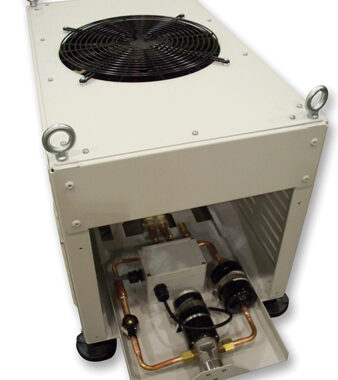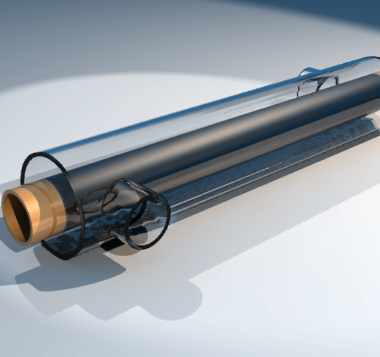Applications of Chillers
Introduction
Application of Chillers are essential components in a wide range of industries, providing reliable and efficient cooling solutions for various applications. From manufacturing processes to medical imaging, chillers play a critical role in maintaining precise temperatures that ensure optimal equipment performance, product quality, and safety. They are commonly used in industries such as healthcare, HVAC, food and beverage processing, pharmaceuticals, and data centers, where temperature control is vital to operational stability and cost-effectiveness. By efficiently removing excess heat, chillers help protect sensitive equipment, reduce energy costs, and support continuous, high-quality production, making them indispensable in modern industrial and commercial applications.
- Magnetic Resonance Imaging (MRI)
MRI machines require precise cooling to maintain the superconducting magnets and control electronics at stable temperatures. Chillers prevent overheating of these magnets, ensuring that the imaging process remains uninterrupted and that high-resolution images are consistently produced. - Computed Tomography (CT) Scanners
CT scanners generate considerable heat within X-ray tubes and detectors during scanning. Chillers help dissipate this heat, preventing damage to sensitive electronics, enhancing equipment reliability, and supporting high-speed scanning without thermal delays. - Positron Emission Tomography (PET) Scanners
PET scanners operate with high-energy radioactive substances and require efficient cooling to prevent overheating of key components, especially during extended scan sessions. Chillers provide precise temperature control, ensuring accurate diagnostic results and protecting internal hardware. - Ultrasound Equipment
Advanced ultrasound machines, particularly 3D and 4D ultrasound, generate significant heat in transducers and processing units. Chillers regulate temperature, ensuring equipment stability, patient comfort, and clearer image output during prolonged sessions. - Linear Accelerators (LINACs)
Linear accelerators, used in radiotherapy to treat cancer, produce substantial heat. Chillers prevent overheating, ensuring continuous operation, precision in radiation delivery, and patient safety by reducing the risk of thermal shutdowns. - X-Ray Machines
X-ray tubes and power supplies within X-ray machines generate heat that can reduce image quality and machine lifespan if not adequately managed. Chillers support continuous operation and enhance image clarity by stabilizing temperatures within these systems. - Lab and Analytical Equipment
Medical labs often utilize chillers to cool various diagnostic equipment, such as centrifuges, spectrometers, and incubators. Stable cooling ensures accurate analysis, reduced equipment downtime, and prolonged equipment durability. - Nuclear Medicine Imaging Systems
Nuclear imaging devices, such as SPECT (Single Photon Emission Computed Tomography), involve radioactive materials and high-energy detectors that produce significant heat. Chillers maintain stable temperatures to ensure consistent performance, reduce electronic noise, and enhance image clarity for accurate diagnostics. - Cryogen Systems for MRI
Many MRI systems use cryogenic cooling for superconducting magnets, which operate at extremely low temperatures. Chillers support the cryogen re-cooling process, preventing temperature fluctuations and reducing the need for frequent refills of liquid helium, making the system more cost-effective and sustainable. - Mammography Machines
Advanced digital mammography systems generate heat in X-ray detectors and processing units during imaging. Chillers regulate temperature to prevent overheating, maintaining detector sensitivity, reducing downtime, and providing consistent image quality for accurate breast cancer screening. - Dental Imaging Equipment
Dental CT and X-ray systems produce heat, especially in small, compact designs where heat dissipation is challenging. Chillers help manage heat efficiently in these smaller systems, prolonging equipment life, ensuring patient safety, and maintaining imaging quality in dental diagnostics. - Portable Diagnostic Machines
Portable diagnostic equipment, such as mobile ultrasound and X-ray units, benefits from compact chillers that manage heat in compact spaces. These chillers ensure reliable performance in various settings Applications of Chillers, from emergency rooms to remote locations, providing flexibility and accuracy in on-the-go diagnostics.
Conclusion
Chillers are invaluable across a multitude of industries, offering efficient, reliable cooling solutions that enhance operational stability, safety, and energy efficiency. By precisely controlling temperatures, chillers protect sensitive equipment, extend machinery lifespan, and support consistent production quality. Their role in applications spanning healthcare, manufacturing, data centers, and beyond underscores their versatility and importance in diverse operational environments. As industries continue to prioritize energy efficiency and sustainable practices, chillers remain a fundamental technology that adapts to meet modern cooling demands while optimizing performance and cost-effectiveness.


